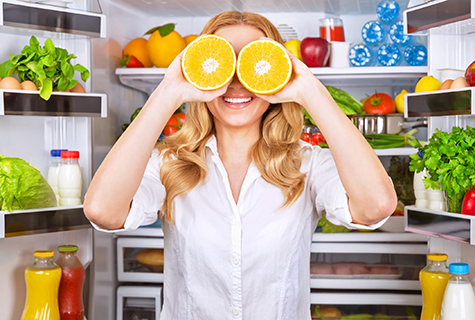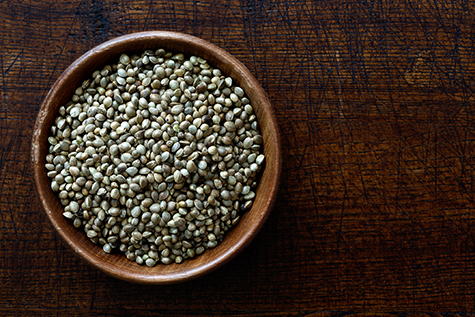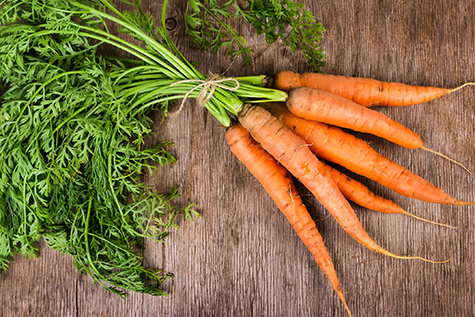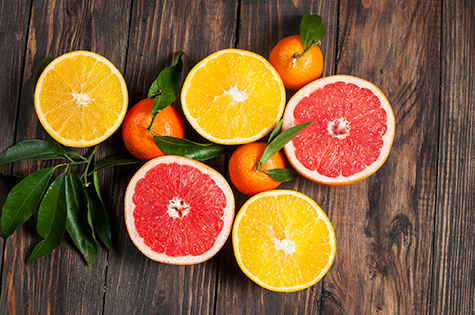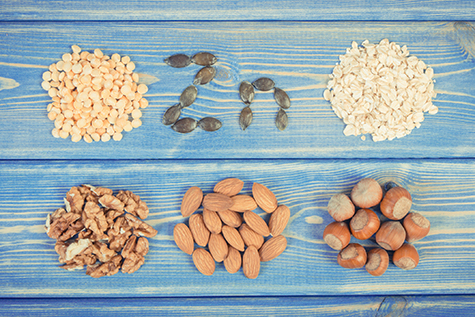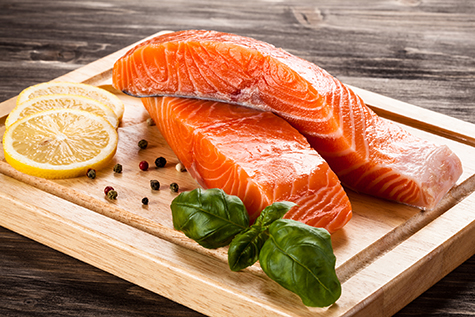6 Ways To Protect Your Precious Eyesight

I look around at this beautiful Earth and the people I love and I think, I never want to lose this gift! Eyesight is such a precious thing and most people take it for granted because they have never known otherwise. But it’s common to lose vision as you age. It’s not just an inevitable consequence, though.
You might be able to slow it down by considering a few factors, dietary changes and vitamins or minerals. Today I’ll help you learn what might support your health if you have age-related macular degeneration (AMD), dry eye syndrome or cataracts.
As soon as you notice changes in your eyesight, see an ophthalmologist. I recommend you share eyesight changes with your doctor so he or she can see if you have diabetes or other disorders.
Vision-protecting foods
To protect eyesight, make sure that your diet contains plenty of eye-loving foods. These include citrus foods, nuts, hemp seeds, walnuts, almonds, cashews, salads, sweet potatoes, pumpkin seeds, and seafood. Water is also important. Dehydration will make your vision blurry.
Lutein and zeaxanthin
Lutein and zeaxanthin are very special carotenoids that protect your retina. They filter out high-energy wavelengths of light and act as antioxidants.
You don’t make your own lutein and zeaxanthin, so eat right and/or supplement. The best sources of lutein and zeaxanthin are leafy greens, squash, Brussels sprouts, broccoli, carrots and egg yolks.
Vitamins C and E
These two powerful antioxidants protect the tiny cells of your eye from oxidative damage. Both of these vitamins help you maintain healthy blood vessels. You see, blood vessels improve blood flow to your eye and this is imperative to good vision.
Good food sources of vitamin C include citrus fruits, bell peppers and salads. Vitamin E can be obtained from sunflower seeds and walnuts.
Zinc
Zinc is highly concentrated in your retina and especially in the macula, where it helps to make a pigment called melanin that absorbs harmful light. Melanin is a pigment that is made in your body by melanocytes. It’s in your skin too. It protects against UV radiation. The more melanin you have, the more brown your eyes are. Zinc supports melanin production in the body.
EPA and DHA fish oils
These offset some of the medication-induced vision damage that occurs from taking statins, NSAIDS, steroids and seizure medicine. Fish oils also suppress the inflammatory mediators such as thromboxanes, prostaglandins and leukotrienes. DHA accounts for more than one-third of the fatty acids in your retina.
Inflammation in your body doesn’t passively go away. We’ve recently learned there are three compounds that force it to calm down. These good guys are called the resolvins, protectins and maresins, and essential fatty acids help you make more of the good guys.
Wear sunglasses
Ultraviolet light can hurt your eyes, so squinting isn’t good. Wearing sunglasses when you’re outside exposed to bright sunlight reduces the amount of UV light that your eyes are exposed to.
FYI, electronic devices emit short-wavelength blue light which might have negative changes in eyesight.
Suzy Cohen is a registered pharmacist. The information presented here is not intended to treat, cure or diagnose any condition. Visit SuzyCohen.com.
